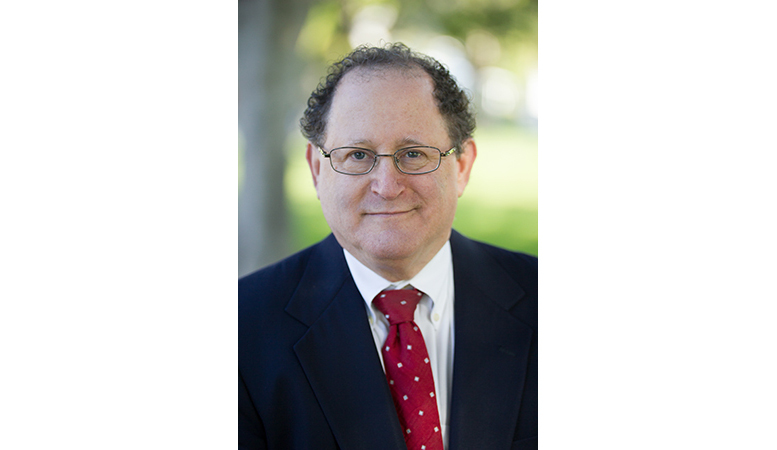Second in a series
Re “The Price of ‘Daring to be Different’”
Why make a movie about a fairly obscure, low-wattage Long Island radio station that bravely introduced break-through New Wave music to America in the 1980s, but was banished from the air 30 autumns ago?
The question was put to Culver City attorney Roger Senders.
Sitting across the desk from him is like flipping open an amazingly accessible and endless dictionary.
He is one of the producers of “Dare to be Different,” making its Los Angeles bow on Friday evening at the Regal Theatre at L.A. Live.
Mr. Senders grew up on the West Coast, in Seattle. He was a member of the ‘80s generation, but because he was 3,000 miles from Long Island, he remains surprised that:
“A huge amount of the music popular in the 1980s was discovered, promoted and popularized by a 3,000-watt station on Long Island, WLIR.
“The program director, Denis McNamara, was a genius. He loved what later became known as New Wave music, post-punk music.”
Their names still resonate – Duran Duran, the Police, U2, Flock of Seagulls, Joan Jett, Blondie, Talking Heads, Erasure, Modern English.
Talk about impact.
“This part is amazing,” said Mr. Senders. “Groups that were first played in the U.S. on WLIR have gone on to sell 500 million records.”
The central focus of “Dare to be Different” is a reflection on how the venturesome Mr. McNamara experimented with a trend at WLIR that exploded into a sky full of gold nuggets for the station.
For awhile.
Enter a giant dollop of intrigue that remains unresolved decades on.
“The subtext of our story,” said Mr. Senders, “is that while all of this was going on, the radio station had its FCC broadcast license challenged.
“From 1976 through when it ultimately lost its license and went off the air in 1987, there was a challenge and multiple court cases.”
By rivals or the U.S. government?
“It is complicated,” said Mr. Senders. “First, the FCC challenged whether WLIR had a right to renew its broadcast license, which it had to do every three years. When the FCC denied the renewal application, the owners of the radio station challenged it in court. That is one track.
“The second track is that the way the FCC worked at the time, they would accept applications for an interim license. That was for the purpose of finding a temporary owner for the station until the third track could be completed – finding a new permanent owner.”
However, the application process that started in 1972 was not officially concluded until 1986 when a permanent FCC license was issued. WLIR went off the air the next year.
Some curious persons suspect that either hanky or panky was involved.
See www.daretobedifferentthemovie.com
(To be continued)

